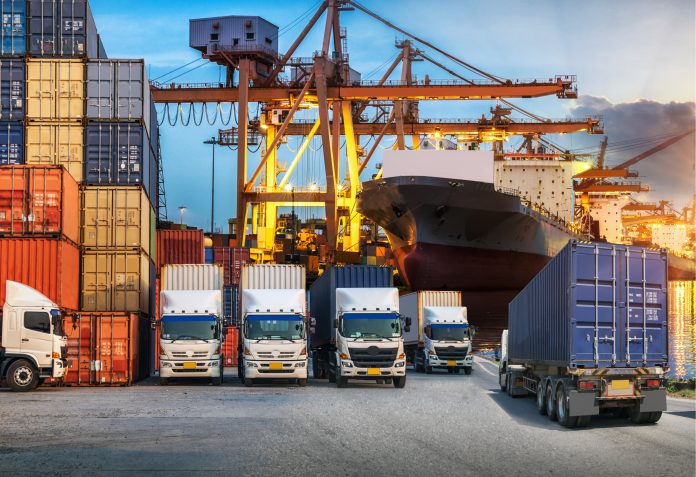British Standards Institution (BSI), the business improvement and standards company and global provider of supply chain intelligence, released its annual Supply Chain Risk Insights Report on 25 January, indicating that organisations that will effectively manage supply chain disruption in 2023 will be best positioned to face the financial challenges ahead.
Food and drinks continue to be the most regularly stolen commodities, according to the research, and this has climbed significantly in 2022, increasing share by 2.8%.
In terms of main developments within the supply chain environment, the research found that hijacking thefts have decreased as a percentage of cargo theft from 24.4% to 17%. Theft from facilities now accounts for more than a quarter of total thefts, increasing from 24.2% to 26%.
The share of automotive and fuel thefts is likewise increasing, while that of electronics, agriculture, and construction theft is decreasing.
While hijacking has decreased as a percentage of cargo theft, BSI reported that it continues to have a significant impact on global supply networks, with food, medicines, and construction supplies being the most affected.
Another key finding of the report is that unprecedented price inflation, caused by the war in Ukraine, as well as an enduring legacy of Covid-19-related shutdowns and the resulting prolonged shortage of key manufacturing components, has shown the importance of global supply chains to the governments worldwide.
This has resulted in the introduction of new laws, such as the CHIPS Act and the Bipartisan Infrastructure Law in the United States, as well as expanded GPDR requirements throughout the Europen Union, all of which are putting greater accountability on providers and purchasers. Government engagement includes initiatives to strengthen local supply chains, decrease carbon emissions, and improve governance.
One corporate requirement that decision-makers must be aware of is monitoring fast-shifting regulatory agendas if firms are to prosper in the face of continual global changes.
The report proposes five additional imperatives that companies must address in order to achieve future development and financial sustainability. Leadership is one of them. Supply chain continuity necessitates top-down investment, and what businesses truly need right now is strong buy-in from top-level leadership, according to the study.
Regarding digital transformation, organisations must handle digital risk, with 73% of respondents being concerned about the dangers posed by supply chain digitisation, but not a single firm has addressed the risk.
Additionally, the research says that data analysis, Internet of Things (IoT), cloud computing, information security, and predictive analysis are examples of tools and technologies that organisations should invest in to have a full understanding of their supply chain environment.
“Without intervention, businesses will see dramatic impacts on their bottom line, meaning that discussing supply chain issues at the C-suite level can help to ensure investments are funnelled to suppliers, building resilience to threats and supporting financial sustainability,” stated Jim Yarbrough, Global Intelligence Program manager at BSI.







